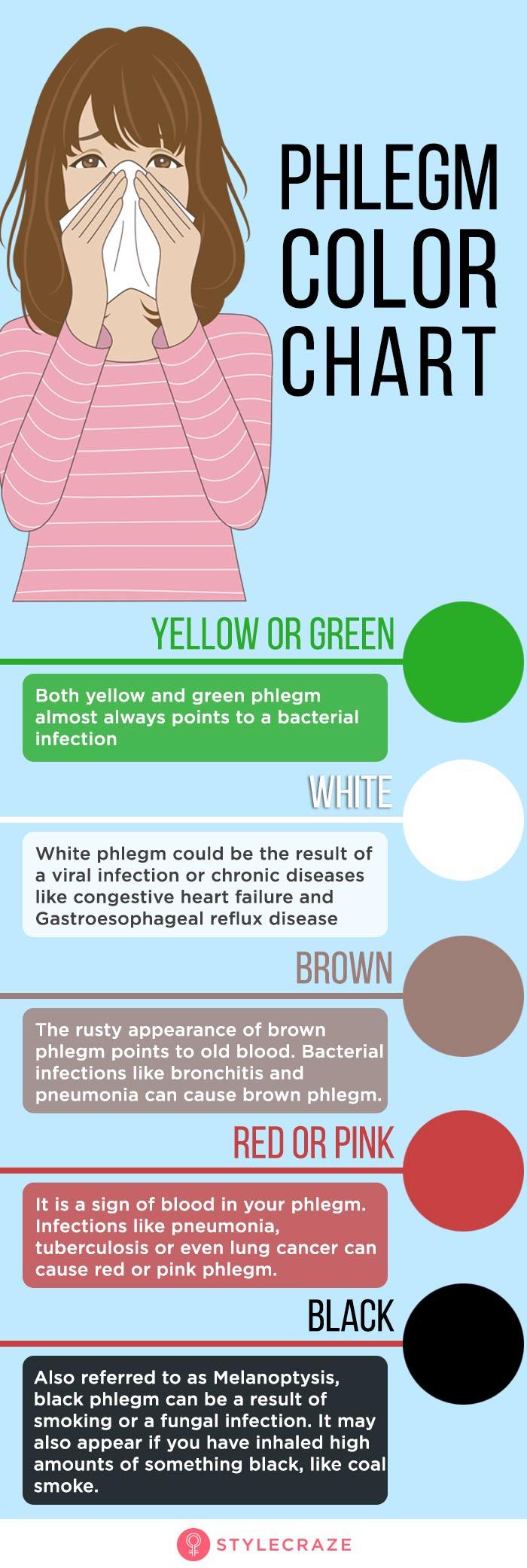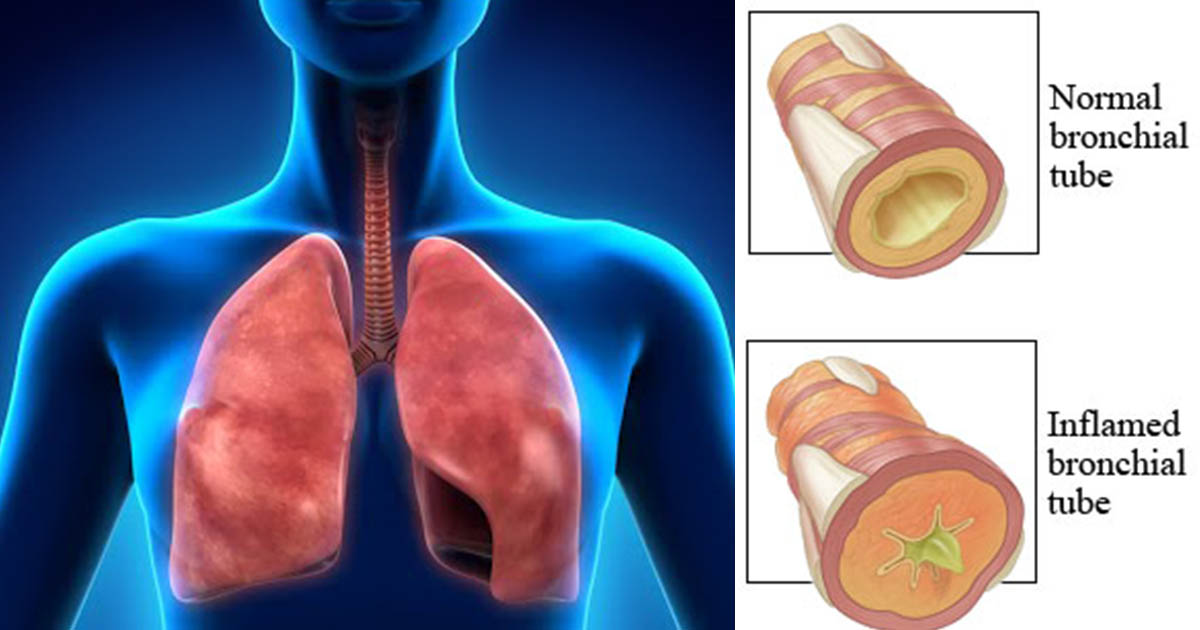Stunning Tips About How To Get Rid Of Thick Phlegm
Method 1 getting basic care download article 1 clear phlegm or mucus from your throat by coughing.
How to get rid of thick phlegm. One of the most common symptoms is thick. Moisture in the air can help keep your mucus thin. Keeping your lips pursed, cough forcefully while pressing your arms firmly against your stomach.
Liquids help thin out mucus. After boiling, cover your cup of thyme water, let it sit for a while, and. They contain salt water which helps thin out and loosen the sinus mucus, making it easier to drain out of the nasal cavity.
Phlegm—also called sputum—is a slimy, slippery substance that can be found in your throat and lungs. This extra mucus attempts to flush out the bacteria. Getting rid of phlegm and mucus at home 1.
While there isn’t a lot of research on this remedy, swishing with salt water may help reduce inflammation in the throat. Sit comfortably in a chair with your feet on the ground. Coughing up phlegm is a symptom of infections like the flu and common cold.
As a bonus, this may help ease a sore throat. Your goal is to use your nose to pull excess phlegm down into your throat, where your tongue and throat muscles can get a. Warm liquids can help clear out mucus in the.
If you have white mucus, the cause could be a virus or other pathogen. Decongestants and other medicines to help relieve catarrh It sounds cliché, but you likely hear this advice often because it works.
There are a number of things you can do to make it easier to get rid of phlegm. Moreover, this hydrating solution helps rinse the nasal passages and keeps the mucus from crusting or solidifying. Humidify the air moisturizing the air around you can help keep mucus thin.
If the mucus is too thick to swallow, we try to force it out with a loud ahem! By dr roger henderson 17 feb 2021 kittiphan. Treatment should you seek medical care?
Introducing moisture is the key to thinning gloopy mucus so that it can flow with more ease. Nasal sprays or drops can help relieve phlegm buildup inside your nose and restore proper breathing. Gargle with warm salt water:
Apartment buildings upper respiratory infections bacterial and viral infections cause your nose and sinuses to produce excess mucus. Overview certain health conditions, environmental factors and lifestyle factors can all contribute to coughing up phlegm. So, why do we get phlegm in the first place?


















